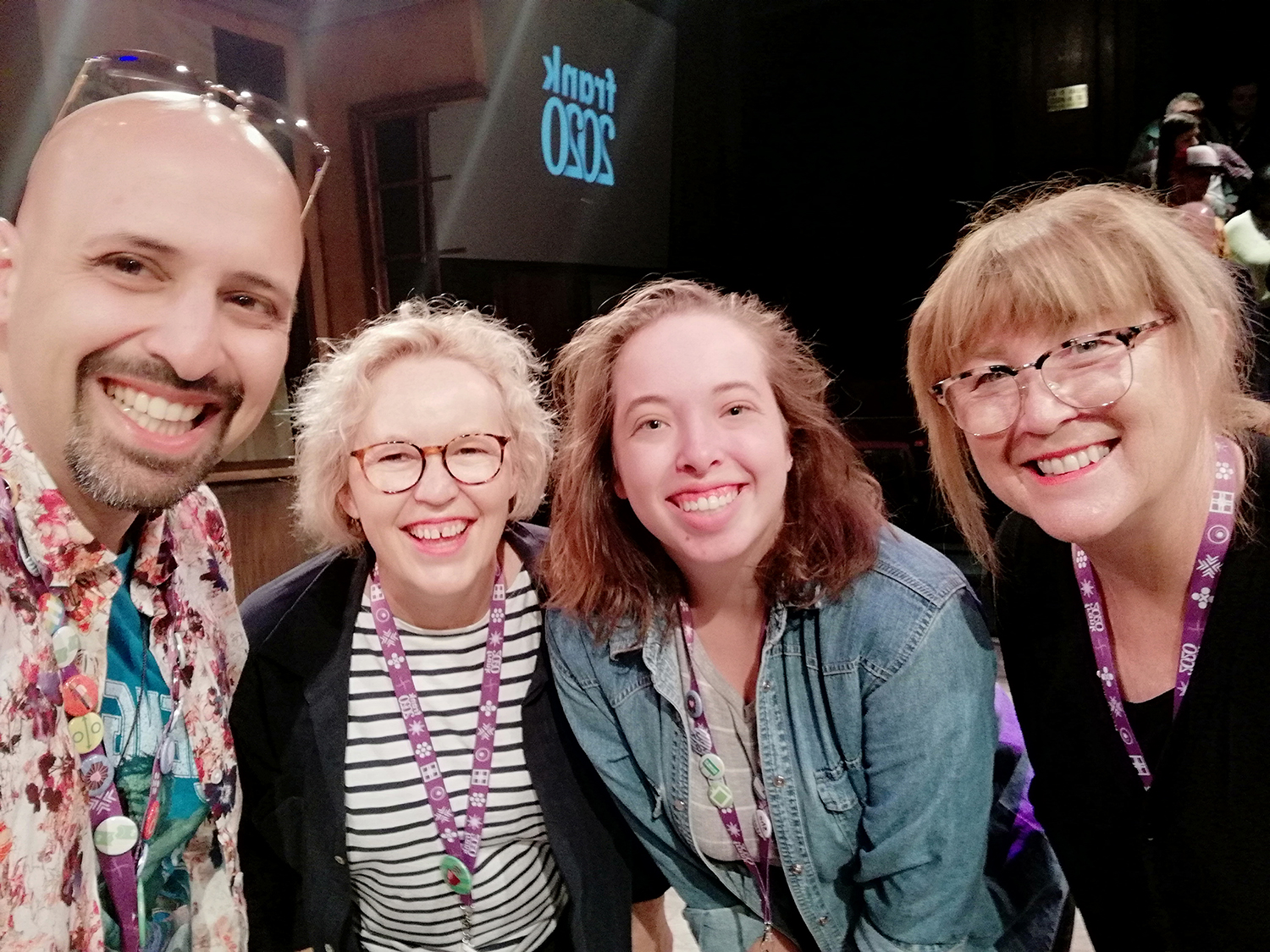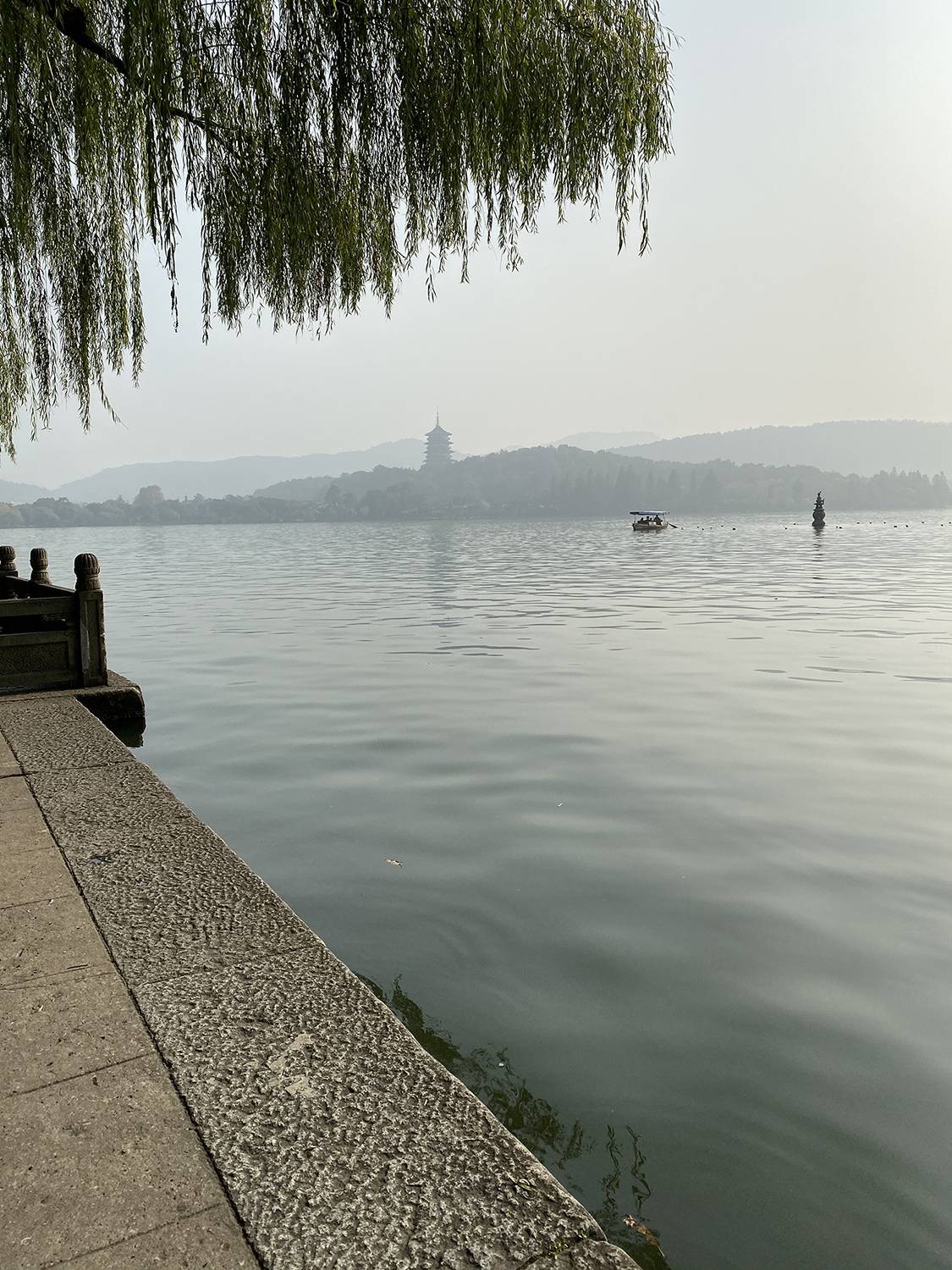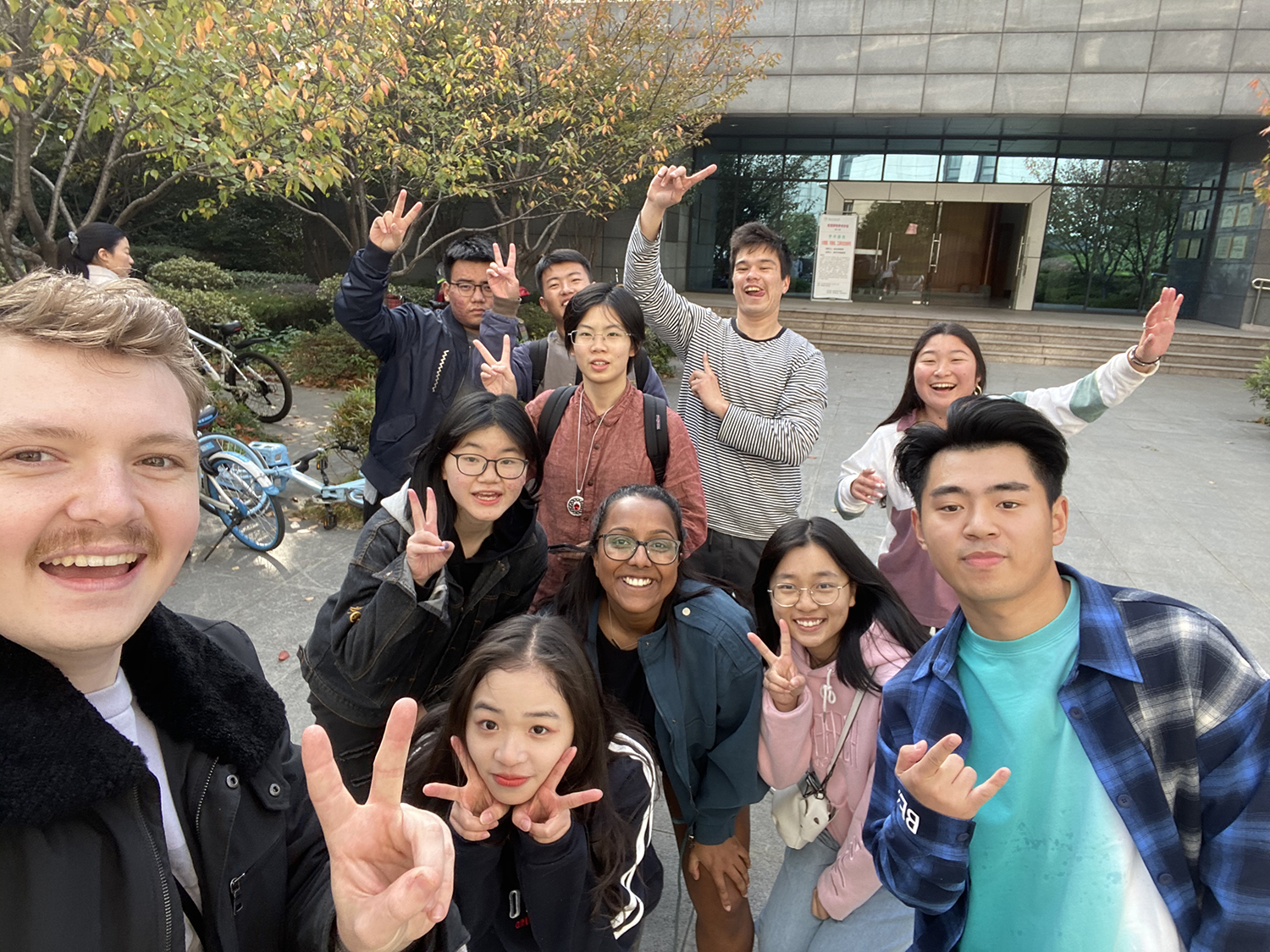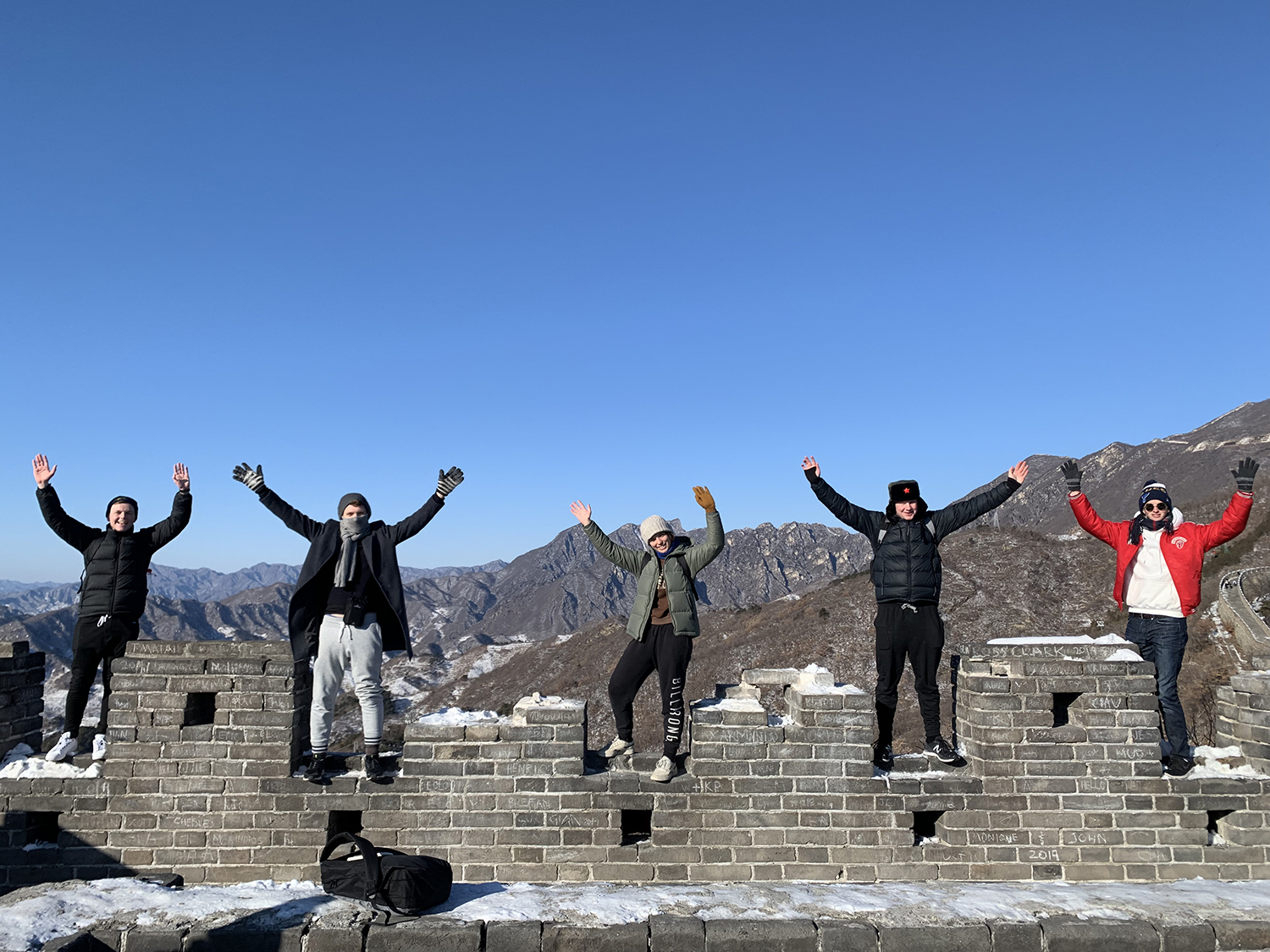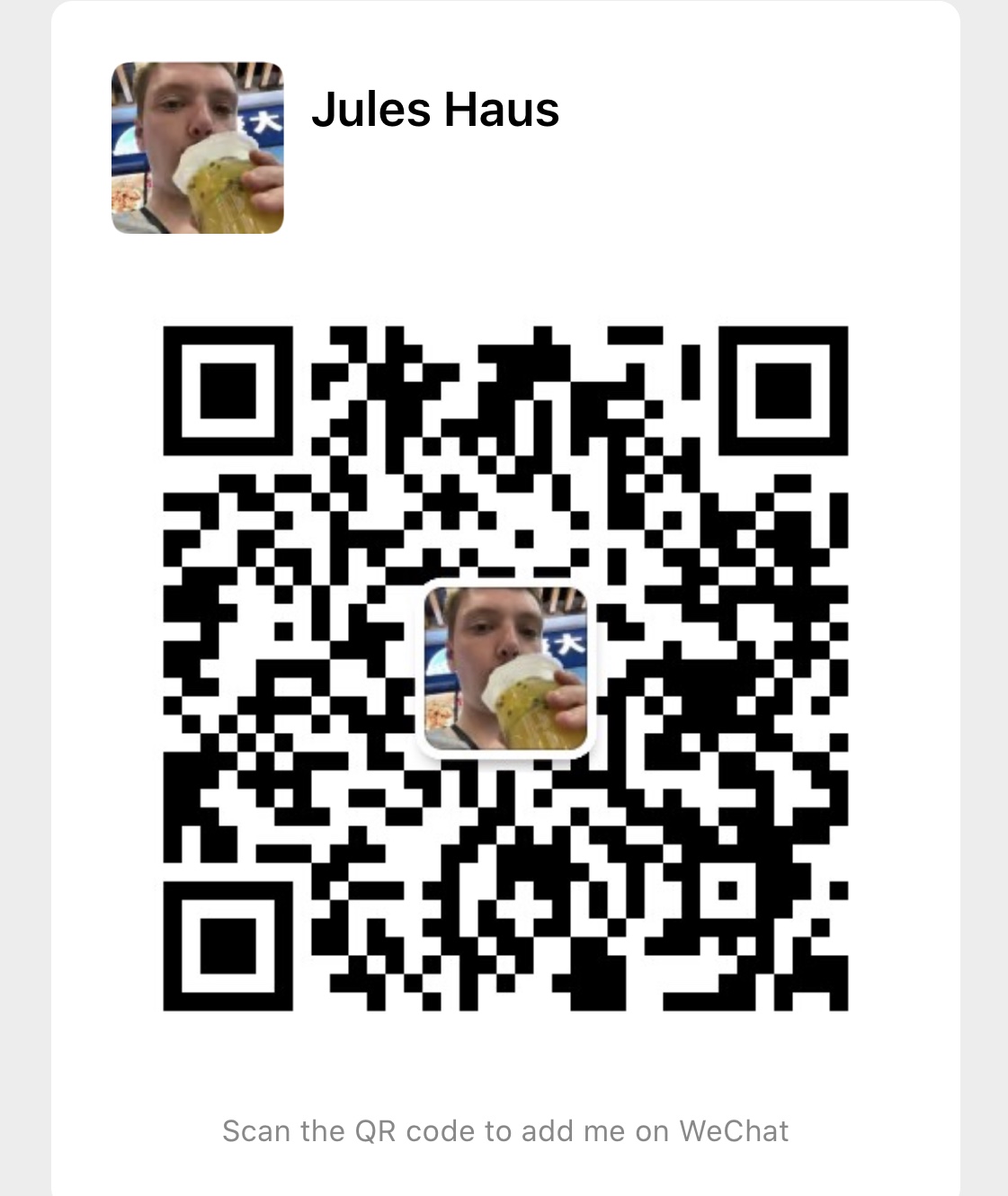” There were numerous moments of young people engaging with their stored memories, sharing and communicating more with others, and being proud of their achievements. For many of them, this is something that was previously difficult to do.”
Vaughan Broderick
…
Most people do not realise how our childhood memories shape our present as well as our future. We lean on our memories and become who we are as a result of them. But, some people are born into less fortunate circumstances and struggle to cling onto important memories – sometimes because they have none.
In New Zealand, there are thousands of young people in state care who could benefit immensely from having important moments preserved for their future. The social services sector understands the importance of the life story of a young person but has struggled to consistently enable tamariki to collect, maintain, and share their life story in a way that was powerful and engaging for tamariki and their whānau.
In this article, I share with you how studying towards the MBA at the University of Canterbury created an opportunity to impact the lives of untold young people in care. One of the core courses of the UC MBA degree is a paper called Innovation by Design. This course challenges students in identifying problems in the real world and turns them into opportunities. It was here where I found a chance to increase the belonging and self-esteem of young people, the connection and trust with their support workers and whānau. Outcomes of this course were later revisited and enhanced in my final consulting project within the sector by developing an app that enables young people to capture important moments of their lives.
What emerged from the work is a system that enables the collection of collaborative life stories. This includes design principles, communication tools, insights, change management approaches, visuals, and the app. We achieved the significant milestone of enabling busy support workers to capture meaningful moments for young people, and we are now sourcing funding for development.
More importantly, is the impact this project has had on young peoples’ lives. There were numerous moments of young people engaging with their stored memories, sharing and communicating more with others, and being proud of their achievements. For many of them, this is something that was previously difficult to do.
I describe the shared impact within the following representative story of a young person in care that experienced and continues to use the app:
David came into care as a young child. Although he has had a good connection with whānau, it has been primarily through visits, reports, and occasional photos sent by staff. Storybooks were not part of his life, and he had difficulty making connections with people on his own terms. A two-way relationship was very difficult, repetitive, and limited.
Staff help David to use the app and they also take photos of important moments for him. They work together to build a rich story.
David is proud to show the photos he has to EVERYONE! He now owns and leads connections and discussions about things that are important to him and can describe the events in detail.
Whānau enriched David’s story and they were able to stay connected in the present moment, providing encouragement for the things he’s been doing and also being a constant part of his life. David really enjoys staying connected with his family in this way.
I wish to acknowledge how the UC MBA program provided me with the foundations of rigorous traditional and contemporary business leadership skills necessary to adapt to a fast-changing world. The MBA challenged me to translate those skills and apply them to make a difference in a real-world and complex environment. More profoundly, the project took me on a journey of personal growth and discovery towards a better understanding of the courageous lives of young people in care and forming considerable respect for the workers who take care of our vulnerable young people.
Finally, I am immensely grateful to Brackenridge Services Limited, the support workers and young people involved, for the opportunity to work on the project. I hope that we are successful in sourcing funding so that this project can make a difference to all young people in care to have the opportunity of a rich and meaningful life storybook.
…
About Vaughan Broderick
Vaughan is currently a Change and Innovation Consultant to his project sponsor. He is inspired by service design, innovation and entrepreneurship to solve complex problems and improve people’s lives. Vaughan thrives in situations that require a human-centred approach drawing on his empathetic, critical thinking, collaborative and practical skillset.
Connect with Vaughan on LinkedIn



